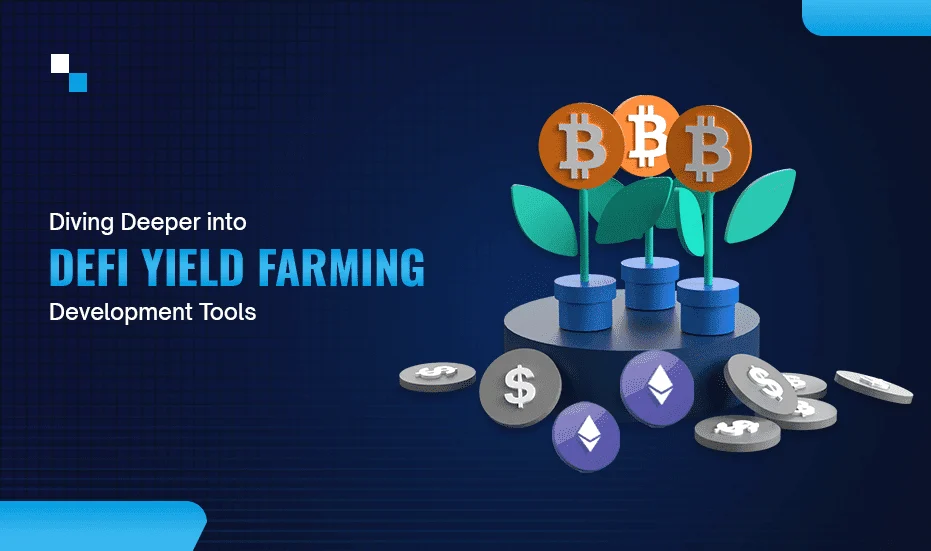Berlin, Germany – Thursday, November 13, 2025 — Day Two of the Cardano Summit 2025 elevated the conversation from blockchain’s potential to its practical, enterprise-grade future. Cardano Foundation CTO Giorgio Zinetti opened the final day by grounding attendees in yesterday’s momentum — including the launch of the Foundation’s landmark Digital Trust Infrastructure report with the Blockchain Research Institute (BRI). That core theme of trust continued to weave through every major announcement and panel.

Cardano Foundation CTO Giorgio Zinetti opened the final day of Cardano Summit 2025 by reflecting on the learnings from Day One and the tactical insights European enterprises and blockchain developers can put into practice.
Emerging Tech: DID, Disinformation Security and the 2026 Inflection Point
Gartner’s Managing VP for AI and Innovation, Nick McQuire, delivered one of the day’s defining keynotes. Pointing to Decentralized Identity (DID) and Disinformation Security as major technological shifts beginning in 2026, he argued that blockchain will become “an immutable ledger used to verify and audit agent-to-agent reasoning.” These technologies, he said, will redefine customer engagement, competitive advantage, and the technology stack that enterprises build on.
Trust-Minimized Infrastructure: Ready for Enterprise Scale
On a panel exploring trust-minimized distributed systems, Christoph Schneider of the Global Legal Entity Identifier Foundation stressed the infrastructure requirements for safe and reliable enterprise adoption. Verification, not blind trust, is the core value of decentralized systems.
“Now is the time for corporates and banks to get ready for trade and payments in four or five years,” added Blockdaemon’s Stefan Schmitt, pointing to a future anchored in on-chain proof, authentication, and distributed ledger payments.
Digital Identity: From Fragmentation to Real Adoption by 2030
A major highlight came from a DL News-moderated panel led by Liam Kelly, unpacking the roadmap from today’s fragmented identity systems to a mature DID ecosystem by 2030.
Key insights included:
-
80% of data breaches stem from compromised identities, according to the Cardano Foundation’s Thomas Mayfield.
-
Zero-knowledge proofs offer a “silver bullet” for selective disclosure, said Robby Yung of Animoca Brands.
-
Identity should live primarily off-chain, with carefully designed on-chain integrations, Mayfield emphasized — reflecting Veridian’s architecture.
The message was clear: Web2 logins are fundamentally broken, and DID is the secure, privacy-preserving alternative.
AI Agents and the “Agentic Economy” Built on Cardano
Sebastian Küpers, Chief Transformation Officer at Plan.Net Group & Masumi, showcased why Europe’s largest independent agency network selected Cardano as the base layer for scalable AI agent systems.
He described Cardano as “the best foundation for the agentic economy,” highlighting its deterministic architecture, security assurances, and scalability for next-generation autonomous systems.
Later, BRI’s Don Tapscott introduced Identic AI, a new class of personal digital agents. Drawing from his book You to the Power of Two, Tapscott presented a vision of a Web3-powered digital self that grants users full control in an AI-driven world.
Digital Product Passports: Blockchain Meets EU Regulation
With the EU preparing to mandate Digital Product Passports for all physical goods, the opportunity for blockchain took center stage. Plastiks CEO André Vanyi-Robin detailed how automated, tamper-proof lifecycle tracking offers a leap forward for circular economies and compliance.
Tokenance CTO Ward Pennemans emphasized the longevity of on-chain data:
“Data has to outlive systems — and even the companies that created them.”
EMURGO on 2026 Priorities and the Rise of the Cardano Card
Following the Day One reveal of the multi-chain Cardano Card, EMURGO CEO Phillip Pon offered a strategic update on the organization’s sharpened focus.
He highlighted four priority pillars for 2026:
-
Landing tier-1 stablecoins
-
Improving liquidity, DeFi depth and CEX listings
-
Leading in RWA tokenization
-
Accelerating enterprise adoption
“Cardano has the core infrastructure and meets the real-world assets,” Pon stated.
Stablecoins + Traditional Rails: A New Payments Era
A payments-focused panel featuring Mastercard’s Christian Rau, Crypto.com’s Kwon Park and Aeonic Digital’s Vanessa Fernandes emphasized how stablecoins are expanding beyond cross-border settlements into payroll, treasury flows, and DeFi.
Rau noted that we now have “more optionality than ever,” adding that stablecoins can “solve a real issue” in current payment infrastructure. Fernandes highlighted that banks increasingly see co-creation — not in-house builds — as the most efficient strategy.
Investment Momentum: CLX Announces Toto Finance
In a session centered on investment and tokenized commodities, Monty Metzger, CEO of CLX, unveiled Toto Finance — a new initiative integrating Cardano into a multichain infrastructure for commodity tokenization. Cardano will serve as the first integrated blockchain network as the platform expands.
Major Announcements: Accelerator Program, Stablecoin Partnerships, and Ecosystem Funding
In his closing keynote, Cardano Foundation CEO Frederik Gregaard announced:
1. The Cardano Accelerator Program
Part of the Venture Hub’s acceleration pillar, now open for applications.
2. Cardano x Draper Dragon Ecosystem Fund
A multiyear collaboration focused on education, developer growth, exchange access and treasury sustainability.
3. New Stablecoin Partnership with Brale
Bringing regulated stablecoin issuance to Cardano.
4. Agentic AI Hackathon
To be held next month in Berlin at Xperion with Masumi and MediaMarktSaturn.
Gregaard also praised the Summit’s shift toward true community-led governance, powered by on-chain treasury decisions and increasing enterprise interest behind the scenes.




